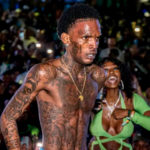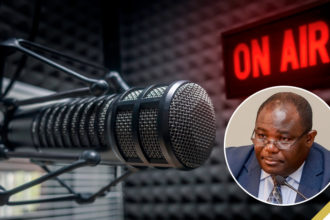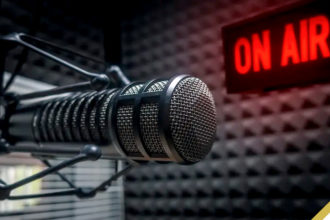On October 11, 2022, the Broadcasting Commission of Jamaica (BCJ) issued a directive mandating local broadcasters to promptly take measures to prevent the distribution of any recorded material endorsing or glorifying illegal activities. The advisory, empowered by the Television and Sound Broadcasting Regulations, stipulated an immediate end to:
“Any audio or video recordings, live performances, or speeches that promote or glorify activities such as scamming, the unlawful use or abuse of drugs (e.g., ‘Molly’), the illicit or harmful utilization of firearms or other offensive weapons, “jungle justice,” or any other form of illegal or criminal behaviour.”
In the prevailing years, the radio audience witnessed a significant reduction in this type of content on the Jamaican airwaves. However, fast-forward to 2024, and several dancehall tracks glorifying high-speed driving have been added to the list of banned content by the Broadcasting Commission. Popular radio outlet Fame 95 FM has found itself in the crosshairs of the BCJ, subsequently issuing an apology after airing songs that promote fast and reckless driving. The media outlet has publicly expressed regret, acknowledging its misstep in transmitting said content.
This latest action has ignited a significant discourse among several sects of society and the local music fraternity regarding the impact of music on societal conduct and the accountability of media platforms in advocating for safe practices. Advocates argue that music constitutes an artistic expression that should remain uncensored, notwithstanding references to unlawful activities like speeding. They assert that audiences possess the discernment to differentiate between reality and entertainment, positing that enjoying such music doesn’t inherently translate into hazardous driving behaviour. Furthermore, they underscore the imperative of upholding freedom of speech and artistic expression, cautioning against the censorship of music as it could set a precedent detrimental to creativity.
Conversely, critics contend that media outlets bear a responsibility to contemplate the potential repercussions of the content they disseminate, particularly concerning the promotion of illegal or harmful behaviours. The BCJ’s prohibition of songs glorifying fast and reckless driving reflects an acknowledgement of this responsibility and a dedication to upholding public safety. By enforcing regulations that proscribe the broadcast of content capable of influencing listeners to partake in dangerous activities, authorities aim to mitigate the likelihood of road accidents and fatalities. Additionally, critics express concerns regarding the impact of such music on impressionable audiences, particularly youth susceptible to emulation.
The prevalence of dancehall tracks centred on speeding and other illegal acts across various digital and streaming platforms underscores the challenges of content regulation in the digital era. While broadcasting authorities can implement bans on specific songs via traditional media channels, the decentralized nature of online platforms complicates efforts to curtail the proliferation of potentially harmful content.
This raises inquiries regarding the effectiveness of regulatory initiatives and emphasizes the necessity for collaboration among authorities, content creators, and platform administrators to address emerging concerns.













